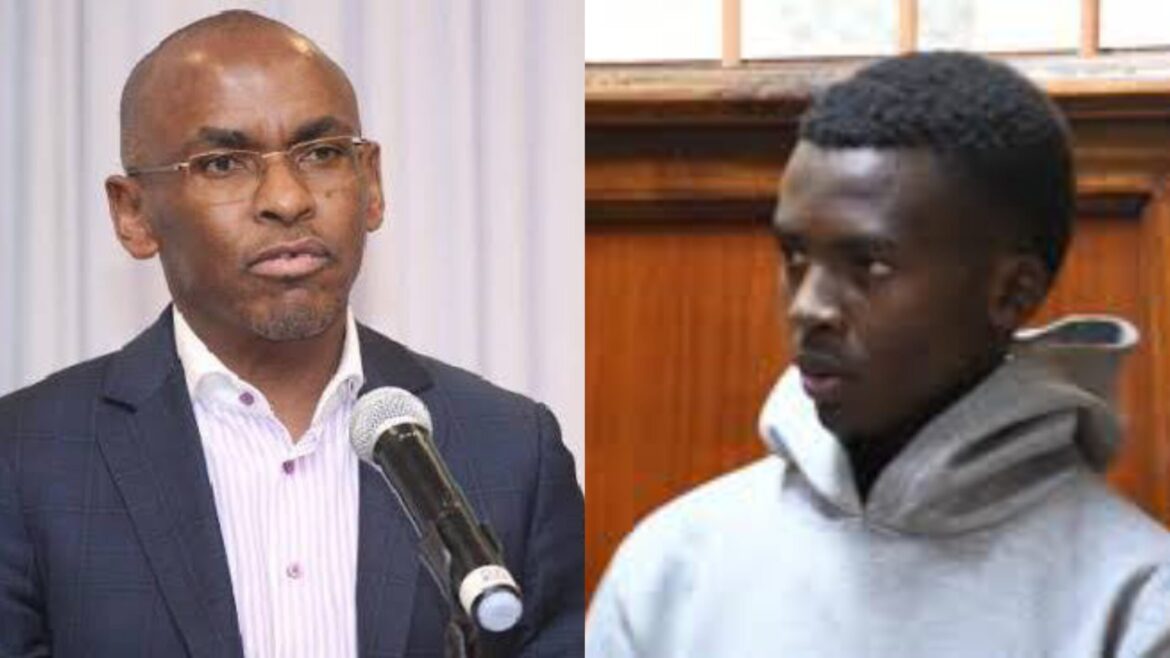Nobody would imagine one day Safaricom PLC under Peter Ndegwa would sink into becoming a tool of repression and deceit.
For years, the telco built its empire on the back of Kenyans’ trust. It sold itself as a brand synonymous with reliability, privacy, and national pride. But today, the mask is slipping.
On October 31, 2024, Safaricom CEO Peter Ndegwa loudly proclaimed that the company “does not share customer data with third parties unless compelled by a court order.”
He assured Kenyans that Call Data Records (CDRs) don’t reveal live locations and are used solely for billing purposes.
The statement, wrapped in corporate jargon, was meant to pacify growing public outrage after reports suggested that the telco was handing over sensitive data to the police without due process.

Safaricom CEO Peter Ndegwa speaks during a past event. Photo: KTN News Source: X
Yet less than a year later, the truth surfaced in a Nairobi courtroom. A police officer from the DCI’s Serious Crimes Unit openly admitted that Safaricom had disclosed the private details of a Moi University student, David Ooga Mokaya, whose only “crime” was publishing critical information about President William Ruto.
This chilling admission exposes Ndegwa’s statements for what they really were, corporate lies carefully crafted to protect Safaricom’s image while quietly enabling state surveillance and intimidation.
Far from protecting the privacy of its customers, the telco has been actively collaborating with a rogue regime to silence dissent.
Instead of standing with Kenyans, Safaricom under Peter Ndegwa has chosen to side with power. It has weaponized its data systems, betraying millions who believed their calls, texts, and digital footprints were safe.
The hypocrisy is staggering: while flaunting an ISO 27701 Privacy Information Management System certification, the company secretly undermines those very principles by giving government agencies backdoor access to private communications.

Safaricom’s betrayal is not just about one student. It represents a broader assault on freedom of expression and the right to privacy. Every Kenyan should be worried.
If a leading telco can hand over your private data at the snap of a finger, then no one is safe—from activists, journalists, and opposition figures, to ordinary citizens who dare to question authority.
Peter Ndegwa’s Safaricom is no longer just a telecom giant; it has become an accomplice in state intimidation, a silent partner in the erosion of democracy.
Trust is hard to build, but easy to lose. And today, Safaricom has lost it.



